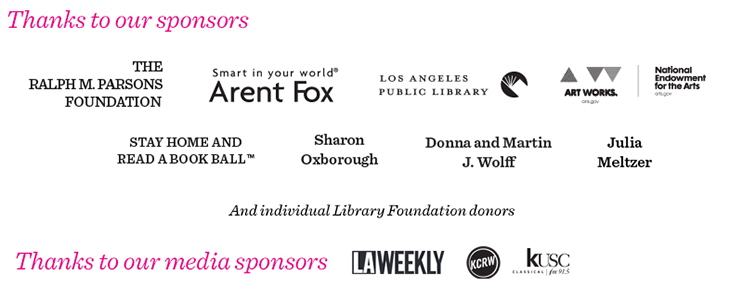
Listen
What moved humans to create cultures—intelligent systems including the arts, morality, science, government, and technology? The answer to this question has typically been the human faculty of language, but preeminent neuroscientist, professor, and director of USC’s Brain and Creativity Institute Antonio Damasio argues that feelings―of pain and suffering or of anticipated pleasure―were the prime engines that stirred human intellect in the cultural direction. In his newest book The Strange Order of Things, Damasio traces the need for cultures back to one-cell organisms, long before there were nervous systems and conscious minds. Damasio will be joined by Manuel Castells, one of the world’s leading sociologists, for a fascinating conversation on the origins of life, mind, and culture that spans the biological and social sciences to offer a new way of understanding the world and our place in it.
Antonio Damasio is a University Professor; David Dornsife Professor of Neuroscience, Neurology and Psychology; and director of the Brain and Creativity Institute at the University of Southern California. He is the author of numerous scientific articles and the recipient of many awards, including the Asturias Prize in Science and Technology; the Honda Prize; and the Pessoa and Signoret prizes. Damasio is a member of the Institute of Medicine of the National Academy of Sciences. He is the author of Descartes’ Error, The Feeling of What Happens, Looking for Spinoza, and Self Comes to Mind, which have been translated and taught in universities throughout the world.
Manuel Castells is University Professor and the Wallis Annenberg Chair of Communication Technology and Society at the University of Southern California. He is as well, Professor Emeritus of Sociology, University of California, Berkeley. He has taught at the Sorbonne in Paris, MIT, Oxford, Cambridge, and the Open University of Catalonia in Barcelona. He has published 30 books, including his trilogy The Information Age: Economy, Society and Culture, translated in 22 languages. He is the only scholar to have received the two most prestigious international prizes in social sciences, the Holberg Prize and the Balzan Prize.
